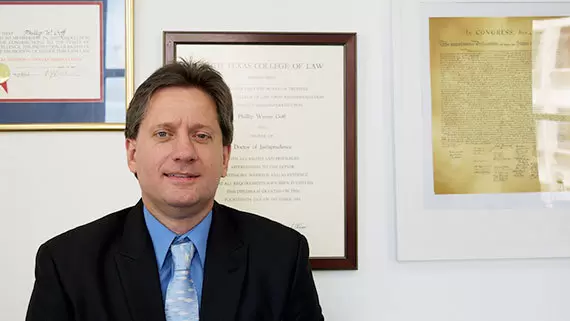
You have a right to a grand jury. Yes, you really do. Really. It’s right there in The Fifth Amendment of our country’s Constitution. It’s important. It matters. Seriously, it does. Grand juries are fundamental to freedom. They stretch back at least 800 years and appear in the Magna Carta, one of the most important documents ever in the history of Western Civilization.
In short, grand juries decide whether felony (and sometimes misdemeanor) cases are formally filed as indictments against people. Petit juries are juries you are used to seeing in the movies and television rendering verdicts in courtroom dramas.
They were meant as a protective buffer against unscrupulous prosecutors who might seek to abuse the awesome power of the state by charging people with serious crimes without good evidence.
Further, investigative powers were granted to grand juries, as well as independence from established authorities. In practice, this meant powerful people like public officials could be brought up on charges, regardless of their status. Even Presidents of the United States of America are not exempt from the powers of grand juries. Richard Nixon and Bill Clinton discovered this truth. Investigations by grand juries are relatively rare.
In theory, a grand jury of fellow members of the community won’t allow a dubious or false charge to be filed. How that theory has been and is playing out in is debatable, especially in Texas.
Traditionally, Texas grand juries have a dubious distinction. Often, the makeup of the grand juries has been far from a random group of local citizens. Instead, they were effectively selected by the presiding judge in a “pick-a-pal” fashion. In practice, it meant grand juries frequently were older, whiter, and more politically conservative than the general public. Texas finally got around to making the process more random in 2015, partly due to grand juries refusing to charge police in highly publicized brutality cases.
Grand jurors don’t hear the full story. They almost never hear the defendant’s side of the story. It isn’t common for them to hear from independent, detached witnesses. They typically hear only the story the prosecutor wants to tell and the evidence the prosecutor presents. Often, this means they hear no more than what law enforcement officers decided to put into reports and turn over to the prosecutor. Defendants are rarely consulted or asked to provide their side of the story.
No judge is involved during presentation of evidence to the grand jury. Even evidence a judge could forbid at a trial could support an indictment. Rules used in trials simply don’t apply. No criminal defense attorneys can even be present, much less call or question witnesses. A defendant is indicted if only 9 of 12 grand jurors vote to allow the charge to go forward. It is terribly easy to be charged with a felony. A famous movie referenced a New York judge saying a District Attorney could indict a ham sandwich, if that’s what he wanted. Sadly, much truth exists in that quip. Prosecutors are supposed to advise the grand jury about the law to give context to the evidence. The actual deliberations and vote are in secret.
Indictment does NOT mean a person is guilty, nor is it any evidence of guilt. Grand juries only determine whether there is enough evidence to proceed further. The next time you hear of someone being indicted, understand they are still presumed innocent, and the evidence may be thoroughly weak. During the grand jury proceedings, no one spoke up for the defendant.